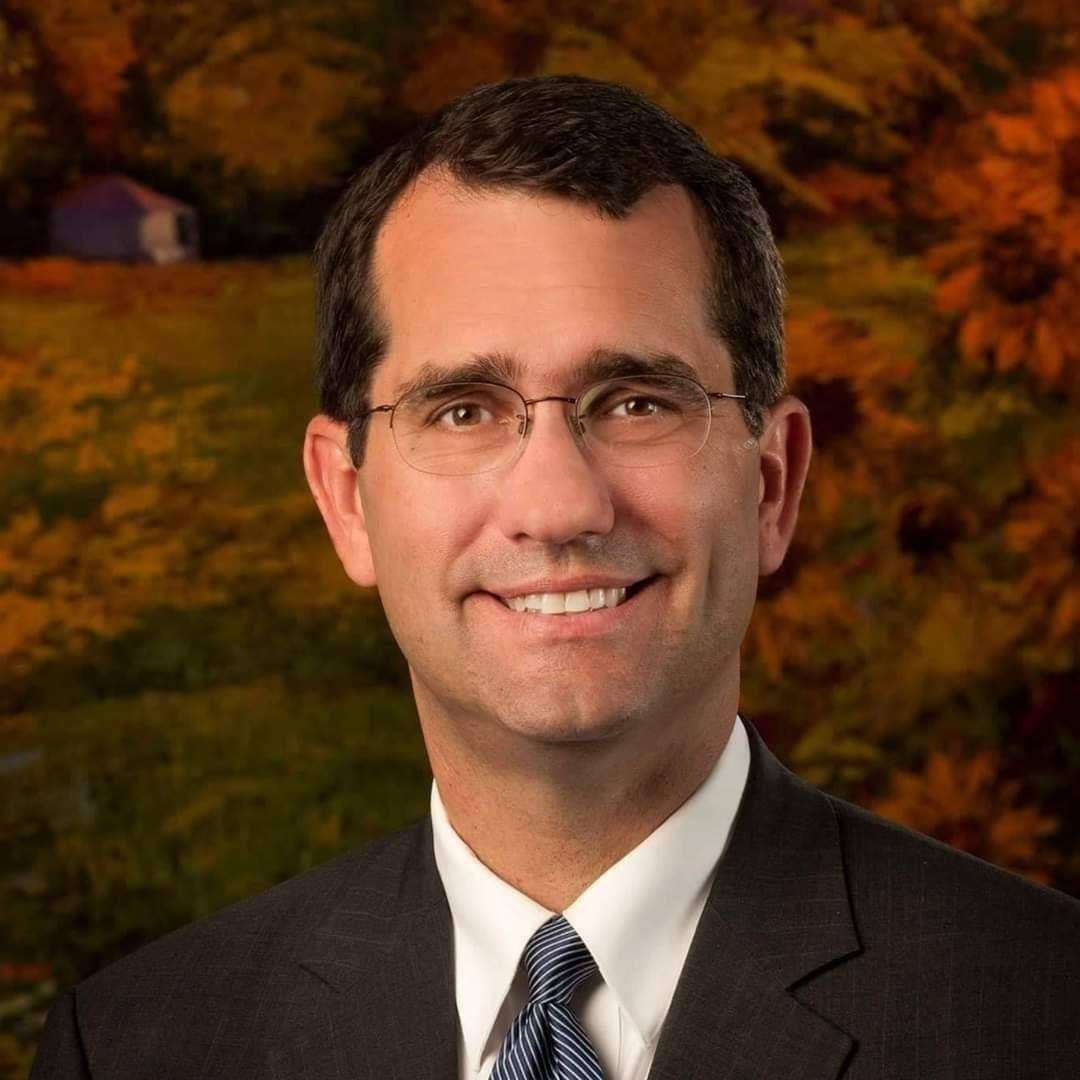
By NICK GOSNELL
Hutch Post
HUTCHINSON, Kan. — The Kansas Attorney General's Office is providing legal advice to many officials in state government during the COVID-19 crisis, including both the legislature and the governor and other parts of the executive branch, as to how best follow the state's emergency powers statute.
"Thank goodness we have that authority, because there are things that have to be done right now, swiftly, and while the legislature is not convened that we all would expect to be done as part of the virus response," said Attorney General Derek Schmidt, referring generally to Gov. Laura Kelly's ability to work via Executive Order. "At the same time, it is true that any time you operate in a circumstance where your government has many of the ordinary checks and balances on its powers and decisionmaking disabled, you really have to be extraordinarily cautious, that you don't do things, or allow things to be done, that we're all going to look back on and regret."
The tough part of this is that the main statute that dates back to 1975, wasn't designed for a disaster of this scope.
"This statute was designed for things like fires and floods and tornadoes," Schmidt said. "Discrete events, that affect a limited geographical area and therefore a limited number of Kansans, for a relatively short period of time and where the government response that occurs under the emergency powers is really narrowly targeted to that disaster and therefore is not intrusive in the lives of the vast, vast majority of Kansans in their ordinary living."
Now that the Kansas Supreme Court has ruled that the Legislative Coordinating Council does not have the authority to overturn an Executive Order, it's important that the entire legislature weigh in if there needs to be a different response to this outbreak from a policy perspective.
"I think so," Schmidt said. "Now, when and how, I don't offer an opinion on. There's a very active debate right now after the state Supreme Court decision last week that really sort of wiped away the mechanism the legislature had tried to put in place for oversight of the emergency powers. The statute contemplates there's going to be legislative oversight, but unfortunately it doesn't contemplate how that's supposed to be done if the legislature is not convened."
Since the legislature's main function is to pass a budget and they did that before their break, it is ultimately up to leadership as to whether they come back this session or not.





